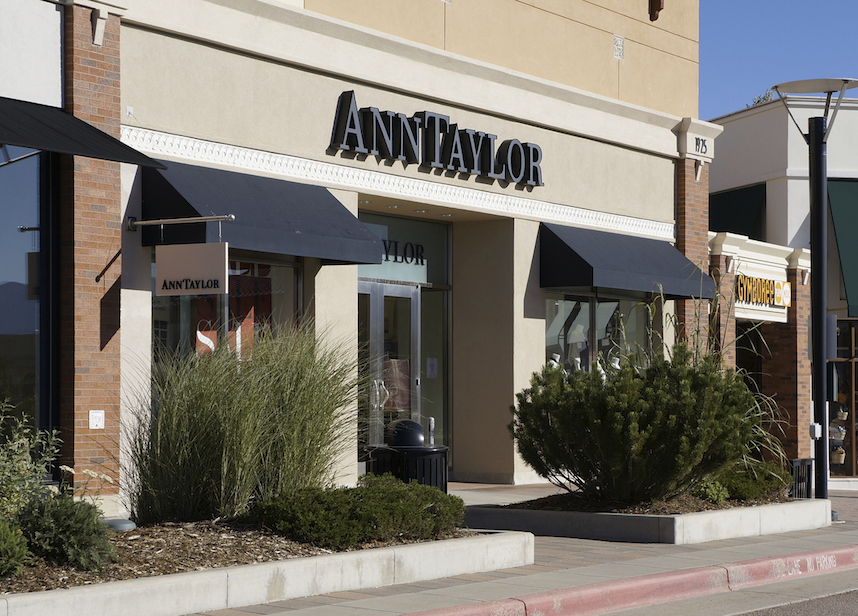Wage & Hour News
You Win Some, You Lose Some: But Plaintiff Wants to Keep Winning
Los Angeles, CA: In a decision that will be of interest to any California resident intent on bringing individual wage and hour claims against an employer in addition to claims under The Private Attorneys General Act of California (PAGA), a three-judge appellate panel recently determined that any plaintiff having settled individual claims is barred from continuing with a claim under PAGA.
The reason? A claimant having amicably settled individual claims with an employer is no longer considered an “aggrieved employee” in the eyes of the PAGA statute, and thus no longer qualifies to pursue a related claim under
Apparently you can’t have it both ways…
That ruling was originally made by Los Angeles Superior Court Judge Kenneth R. Freeman back in 2016. On appeal, the three justices with the Second Appellate District agreed with Judge Freeman’s reasoning.
According to court documents (Kim v. Reins International California Inc.), the issue stems from a wage and hour lawsuit brought by plaintiff Justin Kim, an employee of Reins International California Inc. (Reins). Kim, in litigation brought with the help of his wage and hour lawyer and originally envisioned as a class action, accused the defendant of incorrectly classifying employees dubbed ‘training managers’ as exempt from claiming overtime.
According to California wage and hour law, managers and other managerial employees (usually salaried, and earning higher wages) are normally exempt from overtime claims given their jobs as managers usually command a much higher stipend than that of hourly employees. Many employers however have incorrectly classified employees as exempt from overtime pay due to either misinformation, a lack of understanding, or simply in an effort to protect their bottom line by paying less overtime.
Plaintiff claims they worked 50, to 70-hour weeks without overtime pay
Kim however claimed that training managers performed no managerial tasks while toiling for 50, to 70 hours in any given week. Amongst his other allegations, Kim maintained Reins did not provide meal breaks and rest periods as required under California law.
As part of his wage and hour lawsuit, Kim had brought claims under PAGA – the statute which affords employees the opportunity to pursue monetary damages in association with alleged violations to the California Labor Code on their own behalf, that of other employees as well as the State.
Three years ago this month, in January of 2015 most of Kim’s claims were sent to arbitration. At the same time, the plaintiff’s class claims were dismissed and his PAGA claims parked until the results of arbitration were known.
Some months later – and before the arbitrator ruled – the plaintiff accepted a statutory offer to compromise, and agreed to a payment of $20,000 plus attorney’s fees to resolve his individual claims.
While Kim remained interested in pursuing his PAGA claims beyond the settlement he had just accepted, Reins moved for summary judgement on the outstanding PAGA claims and Judge Freeman agreed, noting that in his view the definition of Kim as an aggrieved employee under PAGA was no longer valid since his individual claims had been dismissed with prejudice.
Judge Freeman then invited the parties to appeal his ruling, and thereby “educate us all on what we should do in the future,” he said, according to Court documents.
An appeal was duly pursued, with the appellate panel affirming Judge Freeman’s logic.
A plaintiff having settled is no longer an ‘aggrieved employee’ under PAGA
“We hold that where an employee has brought both individual claims and a PAGA claim in a single lawsuit, and then settles and dismisses the individual employment causes of action with prejudice, the employee is no longer an ‘aggrieved employee’ as that term is defined in the PAGA, and therefore that particular plaintiff no longer maintains standing under PAGA,” the panel said.
“Kim’s lack of PAGA standing is unrelated to the court’s order to arbitrate the individual claims,” the panel said, in its findings dated December 29, 2017. “Moreover, no findings were made by an arbitrator. Had Kim chosen to dismiss his individual claims with prejudice in the absence of any arbitration agreement, we would reach the same conclusion.”
Kim’s wage and hour lawyer suggested his client is pursuing an appeal to the California Supreme Court.
The wage and hour case is Kim v. Reins International California Inc., Case No. B278642, in the Court of Appeal of the State of California, Second Appellate District.
From the Ashes of a California Wage and Hour Class Action, Another Appears
San Diego, CA: A California wage and hour lawsuit that was originally put forward as a class action has been amended to allow class participants the opportunity to pursue their wage and hour claims individually. To that end, all class claims associated with the plaintiffs’ fourth amended complaint have been stricken, following approval by US Magistrate Judge Elizabeth D. Laporte earlier this month.
California Wage & Hour Lawsuit Settles for $5 Million, but Some Remain Unhappy
San Francisco Bay, CA: A California wage and hour lawsuit alleging exotic dancers toiling in the Bay area were underpaid, has been settled after a US District Court Judge earlier this month granted her approval to the $5 million settlement.
Apple Inc. Ordered to Pay $2 Million to Settle Lawsuit over Pay, Meal and Rest Periods
San Diego, CA: A lawsuit that appeared to fly under the radar last year in spite of involving what is considered one of the largest corporations in the world, resulted in an order for Apple Inc. to pay $2 million to class participants in a class action lawsuit alleging missed meal breaks, rest periods and failure to pay employees in a timely manner. Meal breaks and rest periods are mandated by California law as a means to ensure employees are well rested and nourished, and not overcome by working too many hours at a time without pause for food and rest, potentially leading to an unsafe situation. The California Division of Labor Enforcement is one such branch of the California legislative authority mandating employers, small and large, to look out for the rights, and wellbeing of their employees.
California Wage & Hour Lawsuit Settles for $3.5 Million
Los Angeles, CA: A previously-negotiated California wage & hour settlement worth $3.5 million between clothier Ann Inc. and over 8,000 participants in a class action lawsuit was granted final approval earlier this month by a California Superior Court judge. The approval brings an end to litigation asserting unpaid wages and missed meal breaks.
California Wage and Hour Class Action Seeks Nearly $19 Million
San Francisco, CA: A proposed wage and hour class action lawsuit filed near the beginning of the year in California state court is seeking nearly $19 million in unpaid wages and other damages from defendant T-Mobile.
Eight-Year Wage and Hour Litigation Likely Looking at $21 Million Settlement
Los Angeles, CA: A California wage and hour class action that has been on the books since 2009 is finally nearing its conclusion, following release of details involving a mediated settlement worth $21 million. The plaintiffs, employees of US Security Associates Inc. (USSA), last week urged a federal court in the Golden State to grant preliminary approval to the deal.
California Wage & Hour Lawsuit Against MLB in Rain Delay
Oakland, CA: As the major league baseball season continues to roll along, a wage & hour lawsuit against Major League Baseball brought by minor leaguers over rates of pay and other issues continues to traverse a rocky path akin to the bases loaded in the 9th, with nobody out in a tie game and you’re the team pitching…
Nike Hit with California Wage and Hour Lawsuit
San Clemente, CA: Retail giant Nike has been hit with a wage and hour lawsuit based out of California that alleges numerous violations to California wage and hour law, as well as other employment tenets. The most compelling aspect of the lawsuit is the alleged requirement by defendant Nike Retail Services Inc. that store employees, alleged to be earning minimum wage, are required to buy their own uniforms and do so several times in a year.
Having Once Struck Out, Minor League Players Finally Get to First Base
San Francisco, CA: With spring training underway in southern climes, and the Major League Baseball season about a month away, the timing for certification of a once-rejected wage and hour class action lawsuit seems somewhat appropriate for the time of year, not to mention a source of relief for a collective of minor league players having already faced a rejection of their proposed class action lawsuit.
About . TOS . Privacy . Disclaimer . Contact . Advertise . Member Login
This work is licensed under a Creative Commons Attribution-NoDerivs 3.0 Unported License ©2025 Online Legal Media. All rights reserved.
Visit other Online Legal Media Websites:

















